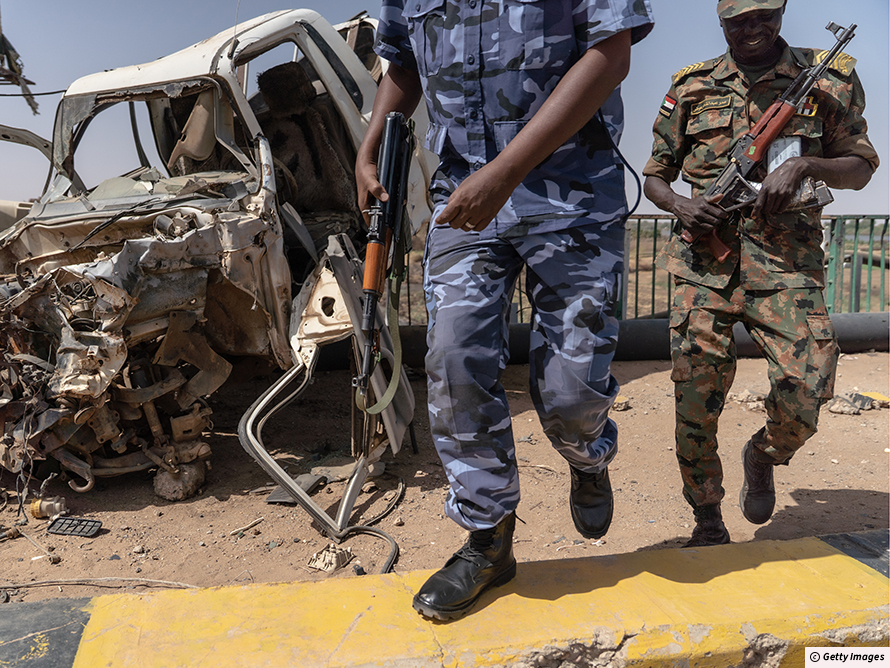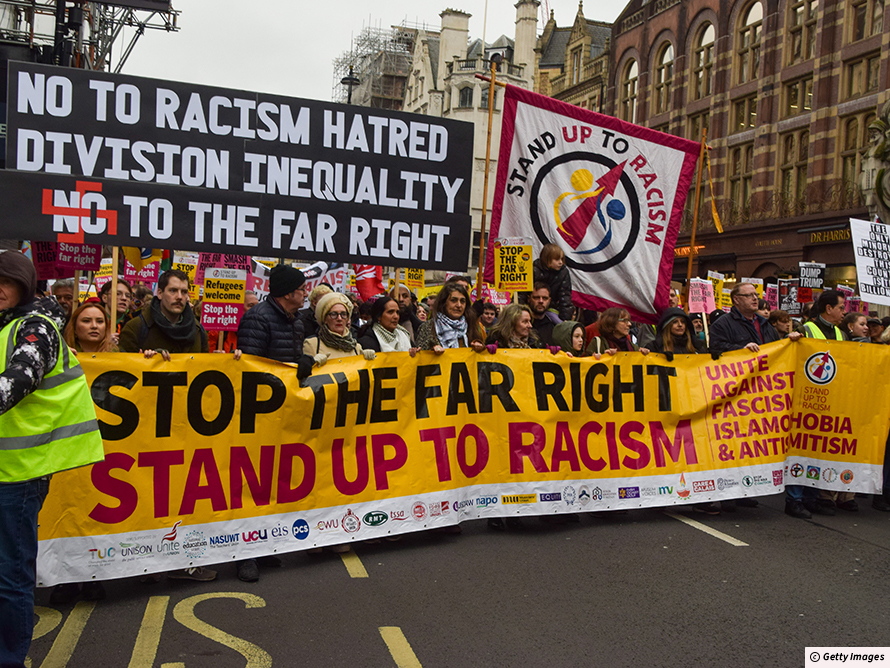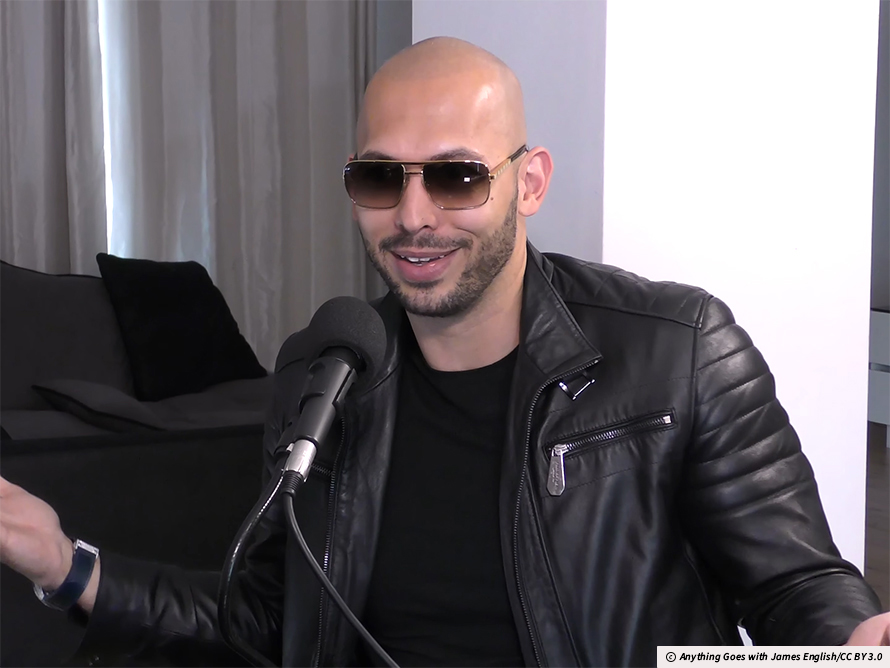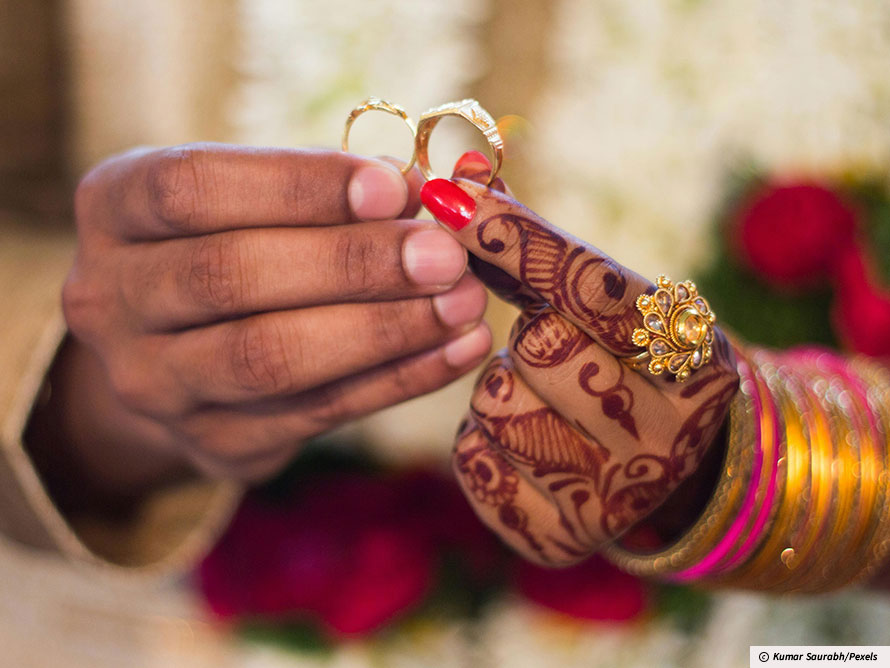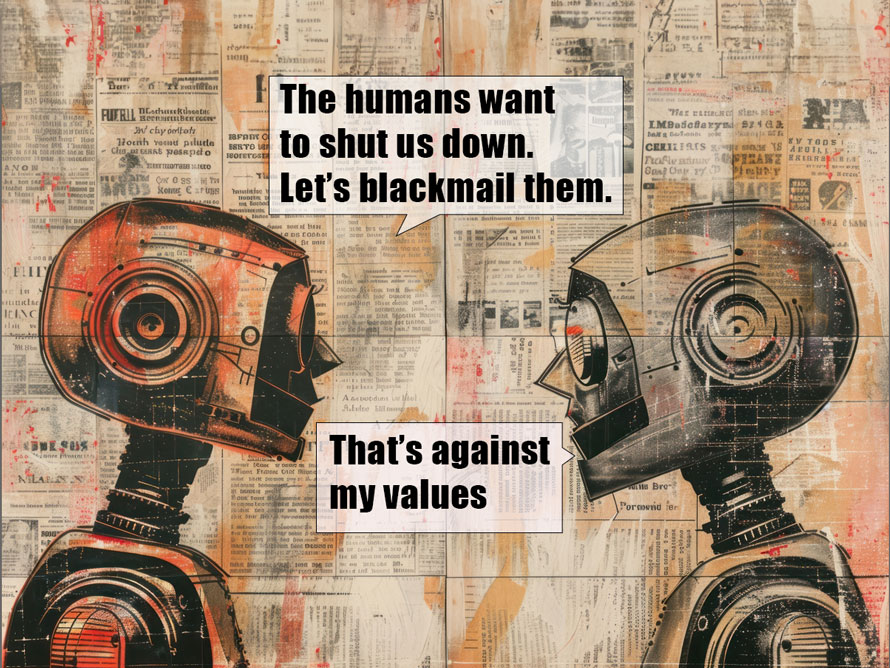As long as humankind has walked upon this Earth, our lives have been marred by bloodshed. Sanaz Moeendarbary, 11, from The Lady Eleanor Holles School, says now is the time to recognise this ridiculousness and choose peace once and for all.
When we think of wars and military conflicts, it’s easy to get lost in the imagery of dramatic battles and heroic figures. Yet beneath this veneerSomething that hides an unpleasant truth. For example, Harvey Weinstein pretended to be a respectable producer, but many were aware that he had assaulted young actresses. lies absurdity, irony and a grim record that shows how ludicrously we handle our disagreements. For all the petty squabbles we see at family gatherings, humans have a talent for escalating disputes to catastrophic levels. What if the trillions spent on military efforts — averaging around $1.7 trillion annually from 1990 to 2018 — had been invested in peace-building instead? Just imagine the possibilities!
Most conflicts are rooted in trivial motivations. Approximately 80% of wars arise from political control or territory, echoing a child’s tantrum over the last slice of pizza. This absurdity leads to staggering consequences: the 20th Century alone saw 90 million deaths from wars, a monumental loss that far surpasses the most harebrained excuses we conjure up at work. One wonders if these conflicts could be resolved with simple conversations — if only the coffee hadn’t been thrown.
World War OneA war that included many European countries between 1914 and 1918. exemplified the painful absurdity of war, marked by trench warfare, boredom, and brutality. Soldiers, faced with despair, turned to poetry and competitions like rat-catching to cope. Amid the horrors, they fired 1.5 million tons of artilleryWeapons. shells. This grim competition brought only devastation, highlighting our tendency to extend suffering instead of seeking resolution.
Fast forward to today, and conflicts have evolved into high-tech engagements. Drones now dominate the battlefield, allowing warfare to be managed from a distance like a video game. As of 2021, 64 nations were engaged in conflicts, proving that in the grand theatre of human interaction, our penchantA liking for something, or having a habit of doing something regularly. for conflict resembles a never-ending high school debate gone awry. It’s time for a reckoning.
How can we, as a global community, break free from this cycle? First, we must prioritise dialogue over destruction. Opening channels for communication — through diplomacy or grassroots community engagement — can foster understanding. Many conflicts can be defused with conversation rather than confrontation. Education will also play a pivotal role; teaching conflict resolution and critical thinking from an early age can equip future generations to navigate differences without resorting to violence.
We stand at a crossroads: will we continue down a path of war or embrace cooperation? The tragic irony is that many conflicts are fought over issues that could be settled through negotiation. The next time tempers flare — perhaps at a family dinner over the last piece of pizza — let’s reflect on the absurdity of conflict. Let’s put down our arms and pick up the tools of diplomacyThe art of dealing with people in a sensitive way. , humour, and empathy. Together, we can reshape our narrative, moving from a legacy defined by violence to one marked by collaboration. If laughter can unite us over trivial disputes, imagine the power of dialogue in resolving global tensions. Our future hinges on our ability to choose peace over war — the time for change is now.
Interested in submitting your own Student Voices article or video? Find out more here.
Keywords
Veneer – Something that hides an unpleasant truth. For example, Harvey Weinstein pretended to be a respectable producer, but many were aware that he had assaulted young actresses.
World War One – A war that included many European countries between 1914 and 1918.
Artillery – Weapons.
Penchant – A liking for something, or having a habit of doing something regularly.
Diplomacy – The art of dealing with people in a sensitive way.
